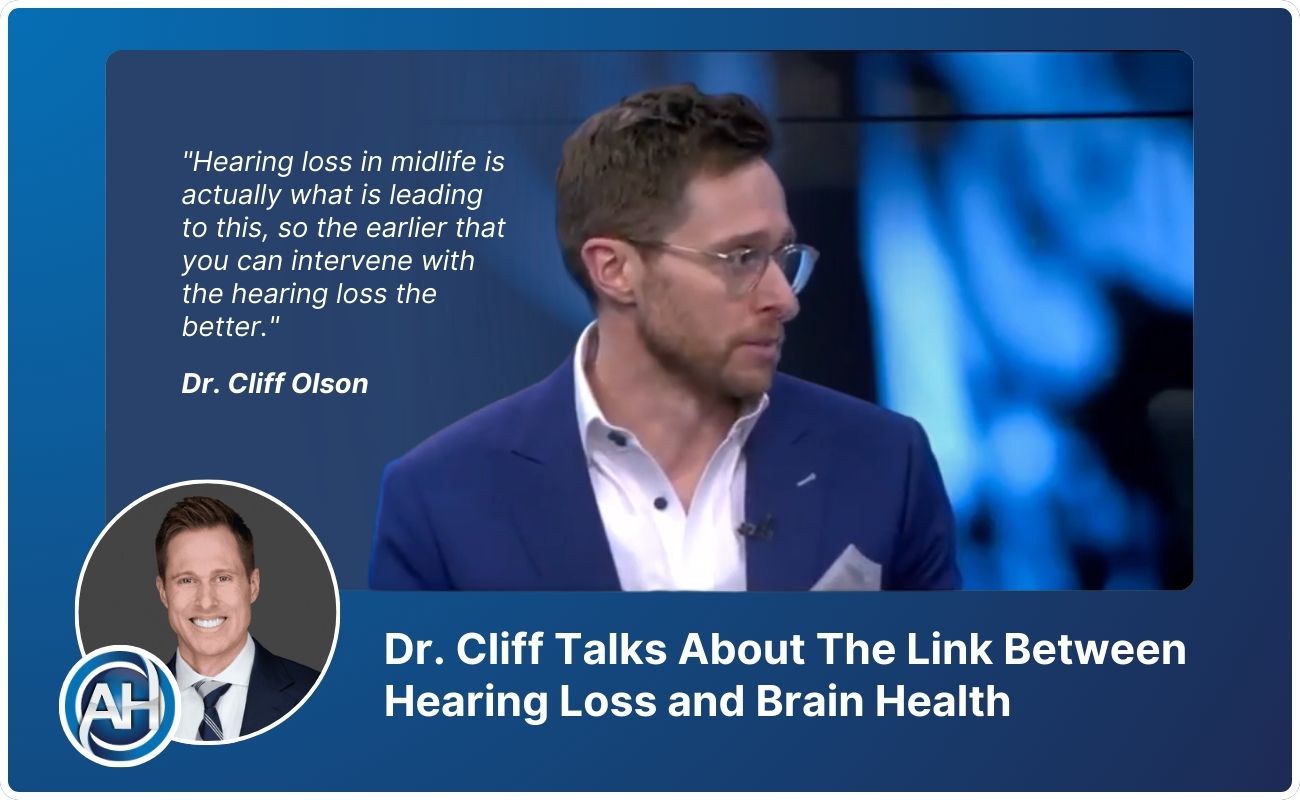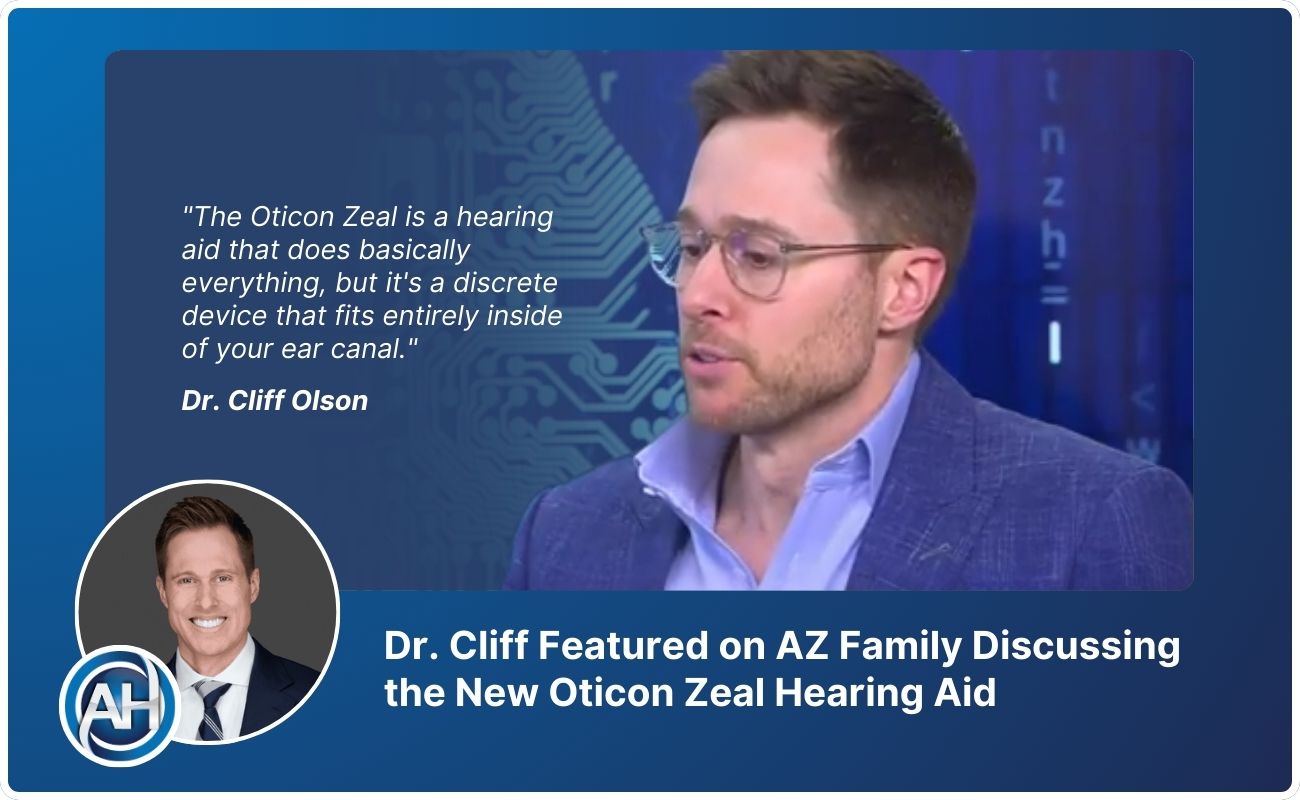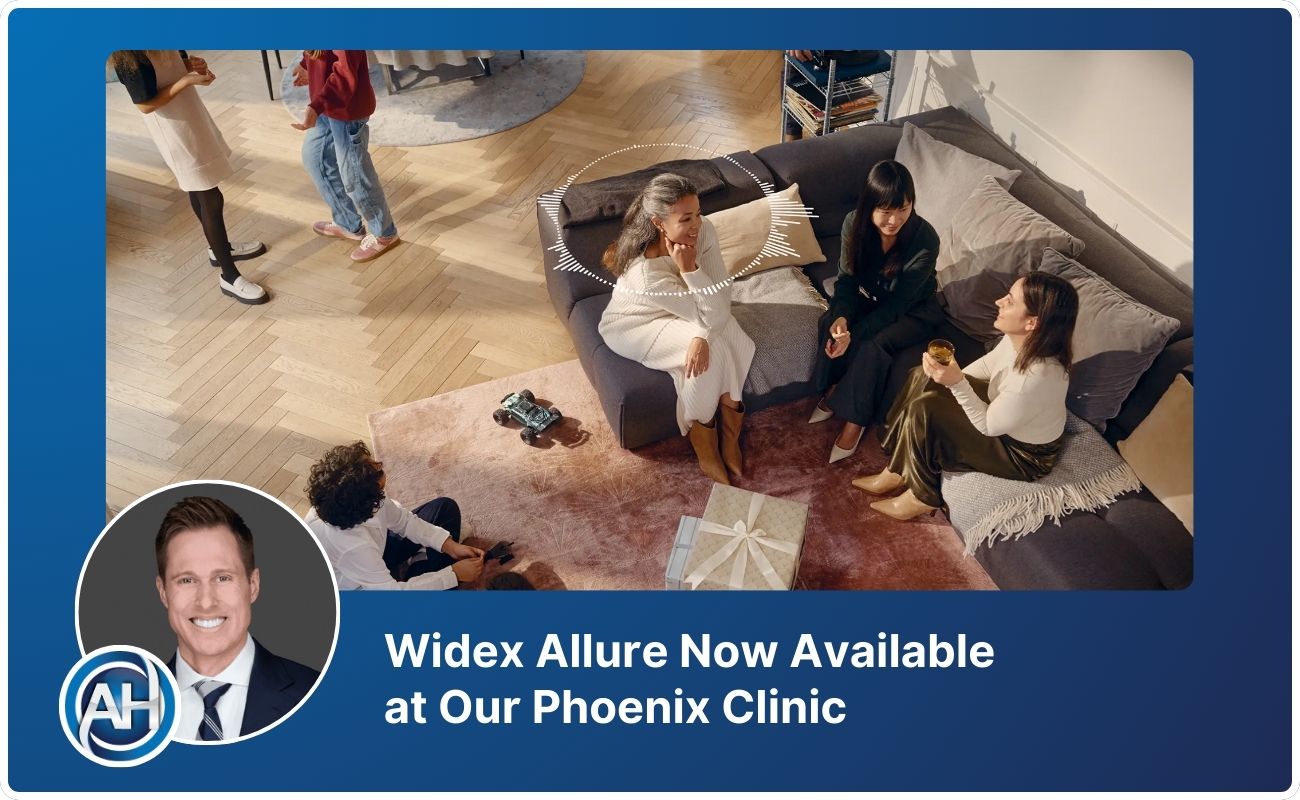
Questions to Ask Your Audiologist Before Getting Hearing Aids
Essential pre-hearing aid questions cover hearing loss specifics, fitting protocols, technology features, total costs, ongoing support, and verification of best practice standards.
Integrate your CRM with other tools
Lorem ipsum dolor sit amet, consectetur adipiscing elit lobortis arcu enim urna adipiscing praesent velit viverra sit semper lorem eu cursus vel hendrerit elementum morbi curabitur etiam nibh justo, lorem aliquet donec sed sit mi dignissim at ante massa mattis.
- Neque sodales ut etiam sit amet nisl purus non tellus orci ac auctor
- Adipiscing elit ut aliquam purus sit amet viverra suspendisse potenti
- Mauris commodo quis imperdiet massa tincidunt nunc pulvinar
- Adipiscing elit ut aliquam purus sit amet viverra suspendisse potenti
How to connect your integrations to your CRM platform?
Vitae congue eu consequat ac felis placerat vestibulum lectus mauris ultrices cursus sit amet dictum sit amet justo donec enim diam porttitor lacus luctus accumsan tortor posuere praesent tristique magna sit amet purus gravida quis blandit turpis.

Techbit is the next-gen CRM platform designed for modern sales teams
At risus viverra adipiscing at in tellus integer feugiat nisl pretium fusce id velit ut tortor sagittis orci a scelerisque purus semper eget at lectus urna duis convallis. porta nibh venenatis cras sed felis eget neque laoreet suspendisse interdum consectetur libero id faucibus nisl donec pretium vulputate sapien nec sagittis aliquam nunc lobortis mattis aliquam faucibus purus in.
- Neque sodales ut etiam sit amet nisl purus non tellus orci ac auctor
- Adipiscing elit ut aliquam purus sit amet viverra suspendisse potenti venenatis
- Mauris commodo quis imperdiet massa at in tincidunt nunc pulvinar
- Adipiscing elit ut aliquam purus sit amet viverra suspendisse potenti consectetur
Why using the right CRM can make your team close more sales?
Nisi quis eleifend quam adipiscing vitae aliquet bibendum enim facilisis gravida neque. Velit euismod in pellentesque massa placerat volutpat lacus laoreet non curabitur gravida odio aenean sed adipiscing diam donec adipiscing tristique risus. amet est placerat.
“Nisi quis eleifend quam adipiscing vitae aliquet bibendum enim facilisis gravida neque velit euismod in pellentesque massa placerat.”
What other features would you like to see in our product?
Eget lorem dolor sed viverra ipsum nunc aliquet bibendum felis donec et odio pellentesque diam volutpat commodo sed egestas aliquam sem fringilla ut morbi tincidunt augue interdum velit euismod eu tincidunt tortor aliquam nulla facilisi aenean sed adipiscing diam donec adipiscing ut lectus arcu bibendum at varius vel pharetra nibh venenatis cras sed felis eget.
Getting hearing aids represents a significant decision that affects your daily communication, relationships, and quality of life. At Applied Hearing Solutions, we've worked with thousands of patients throughout the Phoenix area who arrived at their appointments unsure about what to ask or expect. Having the right questions prepared helps you understand your hearing loss, evaluate treatment options, and set realistic expectations for your hearing journey.
An informed patient who actively participates in treatment decisions typically experiences better outcomes and higher satisfaction with their hearing aids. The consultation process should be collaborative, with your audiologist taking time to address your concerns thoroughly rather than rushing through a scripted sales presentation.
Understanding Your Specific Hearing Loss
Before discussing hearing aids, you need clarity about your hearing challenges. Ask your audiologist to explain your audiogram results in plain language. Understanding these details helps you grasp why certain sounds or voices have become difficult to understand.
Key questions to ask:
- What frequencies am I struggling with most, and is my hearing loss the same in both ears?
- Is my hearing loss conductive, sensorineural, or mixed?
- Do I need to see an ENT specialist before getting hearing aids?
- How is my hearing loss affecting my speech understanding in different environments?
Your audiologist should conduct speech-in-noise testing to evaluate how you understand speech in different environments. Many people hear well enough in quiet settings but struggle in restaurants, family gatherings, or other noisy environments. Understanding your speech understanding capabilities helps establish realistic expectations for hearing aid performance.
Evaluating the Fitting Process
The fitting process determines whether you'll achieve optimal benefit from your hearing aids, regardless of which technology you choose. Ask your audiologist to describe their fitting protocol step-by-step.
A comprehensive fitting process should extend beyond a single appointment. At Applied Hearing Solutions, our Applied360 Fit program includes four structured appointments over 45 days because proper fitting requires time for programming, verification, adaptation, and fine-tuning. If an audiologist suggests you'll be done in one visit, that should raise concerns about the thoroughness of their approach.
Critical questions about fitting:
- How many appointments does the initial fitting sequence include, and what happens at each visit?
- Do you use Real Ear Measurement to verify hearing aid programming?
- What happens if I need adjustments after my initial fitting appointments?
- Are follow-up visits included, or will I pay additional fees?
Real Ear Measurement is particularly important. This verification procedure measures the actual amplification your hearing aids provide at your eardrum, accounting for your unique ear canal characteristics. Without verification, programming relies on manufacturer estimates that may not match your hearing loss prescription accurately.
Choosing the Right Technology Features
Rather than asking which hearing aid is "best," ask your audiologist which specific features would benefit your hearing loss and lifestyle. What do they recommend and why?
Most hearing aid brands offer their products in several tiers—premium, advanced, and standard. Higher technology typically provides more sophisticated background noise management, better automatic adjustments to changing environments, and more precise frequency-specific programming capabilities. Your audiologist should explain these differences in context of your specific hearing challenges and budget considerations.
Important technology questions:
- Which specific features would benefit my hearing loss and lifestyle?
- What's the difference between premium, advanced, and standard technology levels?
- Should I consider rechargeable or battery-powered hearing aids?
- What devices can I stream audio from, and do the hearing aids offer hands-free phone calls?
- Are additional accessories available for specific situations?
Rechargeable hearing aids offer convenience for many users, but traditional batteries provide advantages in certain situations. Your audiologist can help you weigh the pros and cons based on your dexterity, vision, and daily routines.
Understanding Total Costs and Coverage
Hearing aids represent a substantial investment, so understanding pricing is essential. Ask for a detailed breakdown of what's included in the quoted price.
Financial questions to ask:
- What exactly is included in the quoted price?
- What does the manufacturer's warranty cover, and are there deductibles for repairs or replacements?
- What is your trial period policy, and are there any fees if hearing aids aren't right for me?
- Do you work with my insurance company?
- Are there payment plans available?
- What happens after the warranty expires?
Most hearing aids include a manufacturer's warranty covering repairs and loss, typically for three years. Reputable practices offer some type of trial or return period, allowing you to experience the hearing aids in your daily life before fully committing.
While many insurance plans don't cover hearing aids, some provide partial benefits. If you have a plan that offers hearing aid benefits, ask how the practice handles insurance billing.
Assessing Long-Term Support
Successful hearing aid use requires proper ongoing care and support. Ask about the practice's long-term follow-up program.
Ongoing care questions:
- How often should I return for check-ups and maintenance?
- Are follow-up appointments included in my initial investment?
- Do you offer professional cleaning and maintenance services?
- Can I get same-day appointments for urgent issues?
- Do you provide loaner hearing aids if mine need repair?
- How do you handle programming adjustments as my hearing changes over time?
- Are updated hearing evaluations and reprogramming included in ongoing care?
Most people experience gradual hearing decline, requiring periodic reprogramming to maintain optimal benefit. Understanding how the practice monitors changes in your hearing and whether updated evaluations are included helps you evaluate the true cost of treatment beyond the initial purchase price.
Confirming Best Practice Standards
Beyond technical questions, assess whether the audiologist's approach aligns with your needs. Ask whether they follow Best Practice guidelines established by professional audiology organizations. These evidence-based protocols ensure comprehensive evaluation, proper fitting, and verification procedures that maximize treatment success.
Questions about practice standards:
- Do you follow Best Practice guidelines established by professional audiology organizations?
- What is your experience treating patients with hearing loss similar to mine?
- How do you approach patient education?
If you have unique needs—such as single-sided deafness, profound hearing loss, or specific occupational requirements—ask whether the audiologist has experience with those situations.
Schedule Your Consultation With Applied Hearing Solutions
At Applied Hearing Solutions, we welcome questions from prospective patients. Our comprehensive Applied360 Discover consultation provides ample time to address your concerns and explain our Best Practice approach to hearing treatment. We believe informed patients who understand their hearing loss and treatment options achieve the best outcomes.
If you're ready to explore hearing aids or want to learn more about our approach to hearing care, contact Applied Hearing Solutions at (602) 877-0000 to schedule your comprehensive consultation. Our team of experienced audiologists serves patients throughout the Phoenix area, and we're committed to helping you hear your absolute best.




